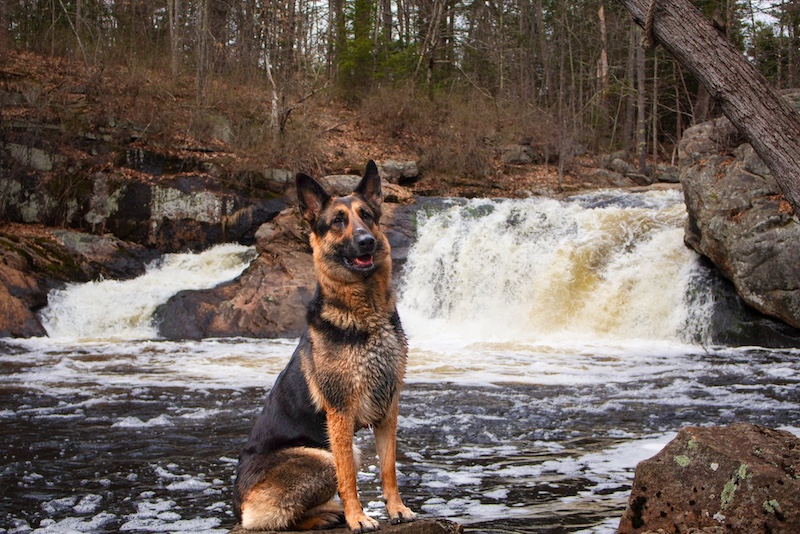Every year, countless dogs are surrendered to shelters across the country. Although any dog can end up in a shelter, certain breeds are more likely to be given up due to behavioral challenges, unrealistic expectations, or lifestyle mismatches. Understanding which breeds are most commonly surrendered—and why—can help potential adopters make more informed, responsible decisions.
Pit Bull-Type Breeds

According to a 2022 Petfinder report, Pit Bulls make up roughly 20% of all shelter dog listings nationwide. The ASPCA attributes their high surrender rate to breed stigma, landlord restrictions, and misperceptions about aggression. Though many Pit Bulls are loving companions, their strength and energy require experienced handling, which not all adopters are prepared for.
Chihuahua

Chihuahuas are the second most commonly surrendered breed in major metropolitan shelters, especially in cities like Los Angeles, according to data from the Best Friends Animal Society. Their small size makes them appealing, but their high-strung nature and tendency toward territorial behavior often lead to surrender. Studies from the Journal of Veterinary Behavior indicate they are among the top breeds reported for fear-based aggression.
Labrador Retriever

Despite being the most popular breed in the U.S. (AKC, 2023), Labs are also frequently surrendered. According to data from the National Animal Interest Alliance, Labrador Retrievers rank in the top five breeds in shelters. Owners often underestimate the exercise and training Labs require. A study in Applied Animal Behaviour Science links lack of stimulation in young Labs to destructive behavior—one of the most common reasons cited for surrender.
German Shepherd

According to the ASPCA, German Shepherds are consistently overrepresented in urban shelters. In a 2021 San Diego Humane Society report, they accounted for nearly 8% of all intakes. These dogs require rigorous training and socialization, and their protective nature can become problematic without strong leadership, making them challenging for inexperienced owners.
Beagle

Beagles are one of the top ten most surrendered breeds, according to Petfinder. Their strong sense of smell and prey drive make them notorious escape artists. A 2018 study by the University of Lincoln found that Beagles are among the most vocal breeds, contributing to their surrender due to complaints from neighbors and landlords.
Dachshund

Shelter statistics reported by BarkPost and Adopt-a-Pet show Dachshunds frequently land in shelters due to behavioral issues. Their bold temperament can lead to aggression if not properly trained. According to the Journal of Applied Animal Welfare Science, Dachshunds scored high for owner-directed aggression in breed behavior surveys.
Boxer

The Boxer’s clownish energy is both a blessing and a curse. According to data from Shelter Animals Count, Boxers are often surrendered between 1–3 years old when their owners realize the breed’s energy level is more than they can handle. The Boxer Rescue Foundation notes that many surrendered Boxers lacked adequate exercise or discipline.
American Bulldog

American Bulldogs, often confused with other bully breeds, rank high in shelter populations in Southern states, per the Humane Society of the United States. They require structured training and early socialization. Many are surrendered due to behavioral issues stemming from lack of mental stimulation, according to breed-specific rescues like the American Bulldog Rescue.
Jack Russell Terrier

According to the RSPCA (UK), Jack Russell Terriers are one of the most commonly rehomed breeds. Their intelligence and boundless energy require significant time and training. The AKC warns prospective owners that the breed “was not bred to be a lap dog”—a mismatch in expectations that frequently leads to surrender.
Siberian Husky

A study by the National Canine Research Council found that Siberian Huskies are among the top ten most frequently abandoned breeds. Their high energy levels, escape tendencies, and independent personalities often catch first-time dog owners off guard. The ASPCA also notes their heavy shedding and vocalization as common surrender triggers.
- Please Note: This content was created with the assistance of AI and thoroughly edited by a human before publishing.

